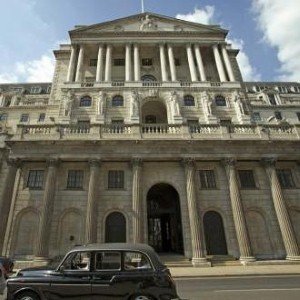With the fastest rate in unemployment in two years, increased pressure is being put on government to stimulate economic growth. This rise in unemployment is directly attributed to record job losses in the public sector, according to official data.
As the economy and rate of joblessness worsens, there is increasing division between parties with the Labour Party accusing government of stifling economic growth as a result of their austerity programme of spending cuts. On the other side, government refuses to budge on their austerity drive but maintain they will stimulate the economy with their infrastructure projects which they insist will provide thousands of new jobs.
The Labour Party contends that cuts are happening too quickly and they are much too large. In a statement released by the spokesperson for Labour work and pensions, the Labour Party stated that these cuts are not helping Britain but rather hurting it and this is a “day of misery” in reference to the rapid rise in unemployment.
According to the Office for National Statistics, joblessness is on the rise as evidenced by the sixth straight month of an increase in reported unemployment claims. August did not climb as rapidly as July, but the numbers are increasing by the day. July saw an increase of 33,700 individuals becoming unemployed whilst August saw a rise in joblessness by 20,300.
The number of those becoming unemployed has been steadily rising since February of this year and according to the International Labour Organization, there are now 2.52 million jobless in the UK because of the increase of over 80,000 people in the last quarter. This is statistically the largest increase in unemployment for any given quarter since August of 2009. In fact, this forecast was right on the mark as it was predicted that the jobless rate would be at 7.9% and that is exactly where we stand.
This all points to what economists have been saying right along. It is likely that the BoE will soon find a way to try to jumpstart the economy by pumping money into it. In fact, those same economists foresee this happening in the very near future. It’s either provide £50bn or face a dreary economic outlook.



